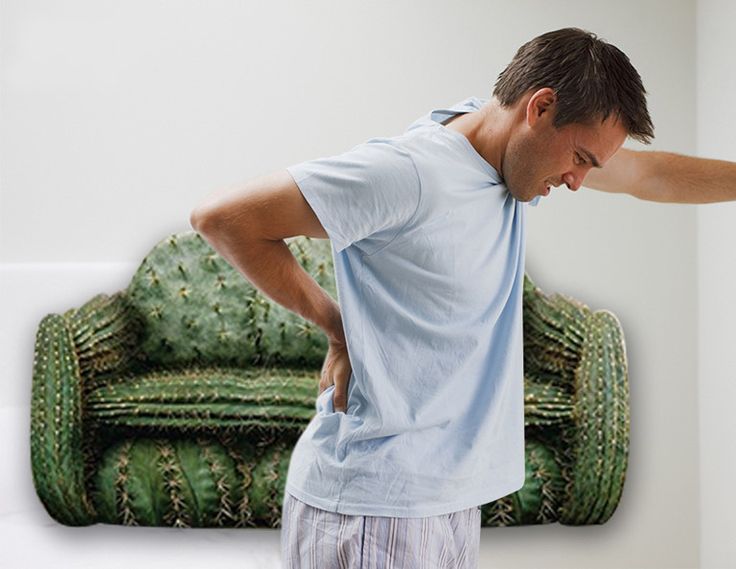Fistula in Ano
What is Fistula in Ano?
Fistula in Ano is a painful and often recurring condition that affects the anal region. It is typically caused by an untreated or recurrent anal abscess that creates an abnormal connection (fistulous tract) between the anal canal and the skin surrounding the anus. This condition can lead to chronic pain, discharge of pus or blood, swelling, and discomfort, severely affecting the quality of life. Without proper treatment, the fistula can become complicated, recurrent, and resistant to healing.
Understanding Fistula in Ano
Fistulas are classified into simple and complex types based on the number and path of tracts involved. The severity and persistence of symptoms often require medical attention and precise treatment planning.
Fistula in Ano, or anal fistula, develops when an anal abscess fails to heal completely and forms a tunnel under the skin. These tracts may have multiple openings and can cause continuous discomfort due to infection and discharge. Common symptoms include
- Persistent pain or throbbing sensation near the anus
- Pus or foul-smelling discharge from a hole near the anus
- Irritation, redness, or swelling
- Difficulty sitting or walking comfortably
Recurrent abscesses or fever

Our Ayurveda Treatment Approach
1. Kshara Sutra Therapy
Kshara Sutra is a specialized Ayurveda treatment where a herbal-coated medicated thread is inserted into the fistulous tract. It gradually cuts, drains, and heals the tissue. This minimally invasive procedure is safe, requires no hospitalization, preserves anal function, and offers low recurrence with minimal discomfort under weekly follow-up.
2. Herbal Medicines
Customized internal and external herbal preparations help reduce inflammation, improve immunity, enhance wound healing, and correct digestive imbalances. Key herbs include Haritaki, Neem, Guggulu, and Triphala.
3. Panchakarma Therapies
Detoxification therapies such as Virechana (purgation) and Basti (medicated enemas) are used to cleanse toxins, correct metabolic imbalances, and rejuvenate tissues. These therapies improve gut health and boost natural healing capacity.
4. Dietary and Lifestyle Guidance
Patients receive a personalized diet plan focused on high-fiber, easy-to-digest foods that reduce constipation and pressure on the rectal area. Lifestyle changes include:
- Avoiding prolonged sitting
- Maintaining hygiene
- Performing regular mild exercise like walking or yoga
- Adequate hydration and sleep
